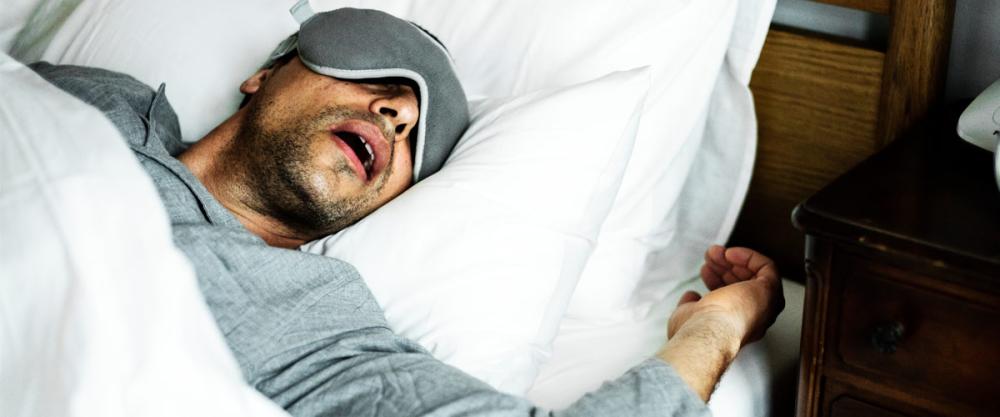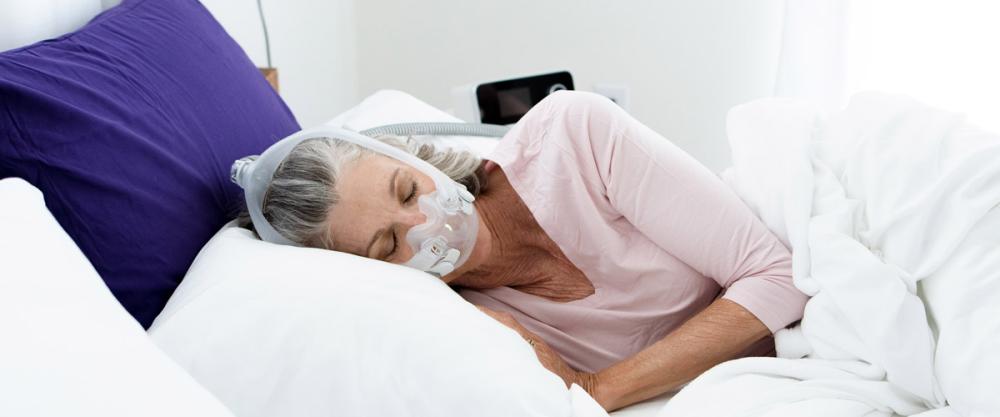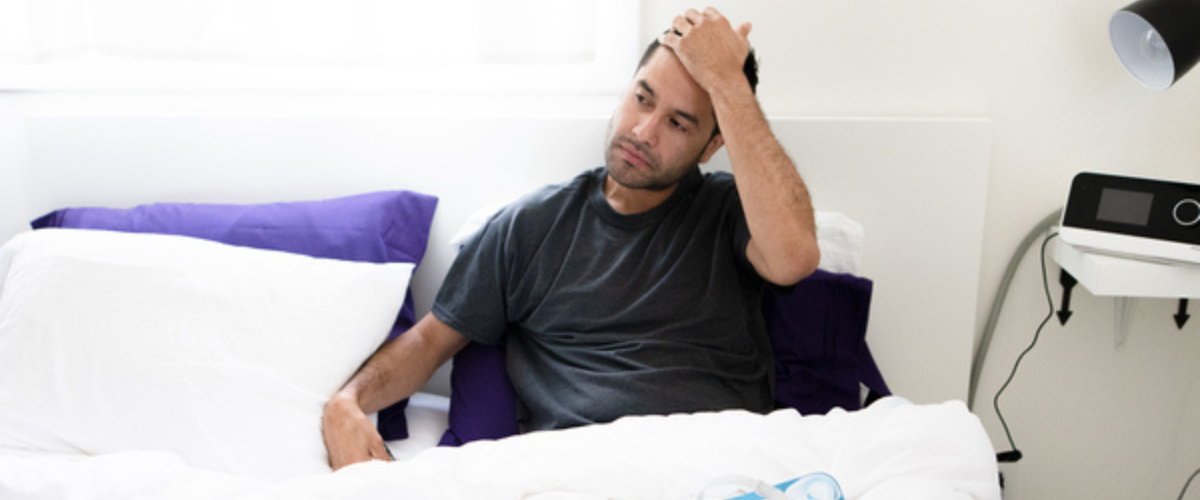Why am I snoring all of a sudden? If you just started snoring or noticed it for the first time, you may be wondering why it began. Occasionally some people can catch it happening just as their own snoring wakes them up, but rare is the sleeper who knows they snore without an outside observer to verify it.
Because of this, a bed partner or family member typically is the one to let us know. It’s like the old philosophical question, “If a tree falls in the forest without anybody there to see it, does it make a sound?” Perhaps you’ve been a snorer for a while and didn’t know it - a tree falling noisily but unobserved in the woods.
But now that you know, what can you do about it? Is it dangerous in and of itself, or bad for your health? Let’s dig into the common causes of snoring as well as treatment options.
Why Do People Snore?
Snoring is mechanical in nature. The sound is from vibrations caused by some part of the upper airway relaxing or being obstructed, blocking the airflow. The air pressure builds up enough to force some air through, but the obstruction falls back into place. This repeats rapidly to create the trilling sound we all know.
The obstruction can be at any level of the upper airway anatomy. It can be near the nose, as is the case with deviated septum, in the middle near the uvula and soft palate, or down toward the throat muscles.
People can snore even from a very young age due to enlarged tonsils or adenoids. Other anatomical features, such as deviated septum, can develop slowly with age, weight gain, and other lifestyle or genetic factors.
If you’re a new snorer, take a look at any areas of your life that may have changed recently to suss out what’s going on. Remember that it’s possible you may have been a snorer all along and simply not known, in which case you may need to do some deeper investigation.


What Are Some Common Causes of Snoring?
Alcohol and Medications
Have you been drinking alcohol more often lately, or perhaps later at night than usual? Alcohol is a sedative that can relax airway muscles and soft tissues in the upper airway to cause or intensify snoring.
Have you started a new sleep medicine to treat sleep deprivation (insomnia) or another health condition? These medications can make it more difficult to wake up, so you may not be as sensitive to noises, lengthening the duration of your snoring so that someone is more likely to notice it.
Allergens and Irritants
Oh, allergy season, you perennial drag. Season changes bring on pollen in spring and summer as well as ragweed in the fall. For many, this causes nasal congestion, sinus inflammation, and generally gunks up the airways. This often results in snoring - even for verified non-snorers.
Deep cleaning can stir up dust and debris that can irritate the nasal passages. This is one of the reasons spring cleaning is associated with opening the windows to air out the home.
Winter increases time spent indoors, building up dust, pet dander, etc., which is part of why overall wellness takes such a hit in the cold months.
Did you take up smoking or vaping? Even a new-to-you vaping chemical or secondhand smoke/vape can irritate your airways. Worse, if there is nicotine in your preferred product, that alone causes airway inflammation and disrupts the sleep cycle.
New exposures such as a new pet, house, furniture, paint, or brand of cleaning material can cause congestion. Anything that does that can exacerbate snoring.
Weight and Exercise
Weight gain or a newly sedentary lifestyle can certainly end up affecting your airways and cause or intensify snoring. Pandemic weight gain and working from home have made a big impact on our health. A new injury that restricts movement and exercise could be the source of weight gain, increase the risk of snoring, and make weight loss more challenging.
Obesity makes neck tissues heavier as well as upper airway muscles weaker and less toned. If you are suffering from obesity, be sure to avoid back sleeping - gravity pulling your soft tissues into the airways makes things worse.
Pregnancy weight gain could also be the answer to, “Why am I snoring all of a sudden?” All the physiological changes happening so quickly may surprise you with unconsidered health issues.
Age and Hormones
Risk for snoring and sleep apnea grows with age as muscles and tissues wear.
A decline in physical activity can decrease muscle tone in general.
Menopause hormone changes make women particularly susceptible to weight changes. Estrogen and progesterone drop, and muscle tone decreases all over the body, including in the throat.
When Is Snoring a Health Concern?
Snoring can be transitory, as when you have a cold or are adjusting to a new pet. However, if you notice the symptoms below, you may have sleep apnea. These would be appropriate signals that it’s time to see a doctor or sleep specialist for a sleep study:
Excessive daytime sleepiness or fatigue
Brain fog - trouble with memory, paying attention, or thinking clearly
Dry mouth or sore throat upon waking
Morning headache that lasts up to two hours
Waking up gasping for air - this is an important symptom to note. It happens when your oxygen levels dip and your body unleashes stress chemicals that force you to wake up and breathe. This causes strain on the cardiovascular system, such as a nightly raised heart rate and high blood pressure, that can result in heart disease if left untreated.
How Can I Stop Snoring?
The one silver lining of there being so many possible causes for snoring is that there are a lot of lifestyle changes to try first in order to reduce or eliminate the snoring:
Change sleeping positions - positional aids are a big help.
Over-the-counter treatments like nasal strips, sprays, humidifiers, and air purifiers to reduce environmental allergens where you sleep.
Avoid alcohol and smoking, especially just before bed.
Weight loss is one of the best things you can do to boost overall wellness if you’ve been carrying excess weight, and it can help reduce snoring.
Discuss hormonal or menopause concerns with your healthcare team for guidance.
If none of those are helpful enough, keep an eye out for possible symptoms of sleep apnea. If you exhibit the symptoms, it’s time to call your doctor and discuss the possibility of a sleep disorder like obstructive sleep apnea (OSA). For those with sleep apnea, CPAP therapy is an effective treatment option that reduces not only your snoring but your risk of heart disease - helping you feel better each day by getting deeper rest each night.






